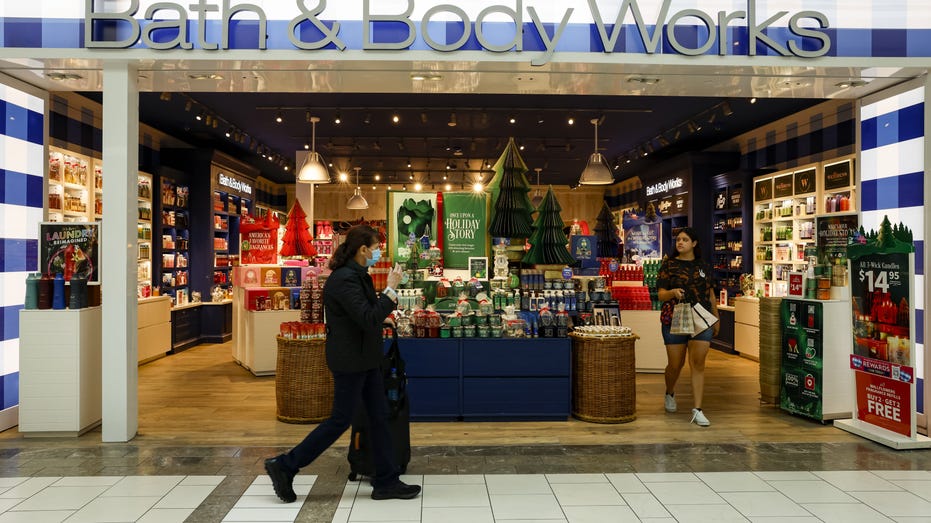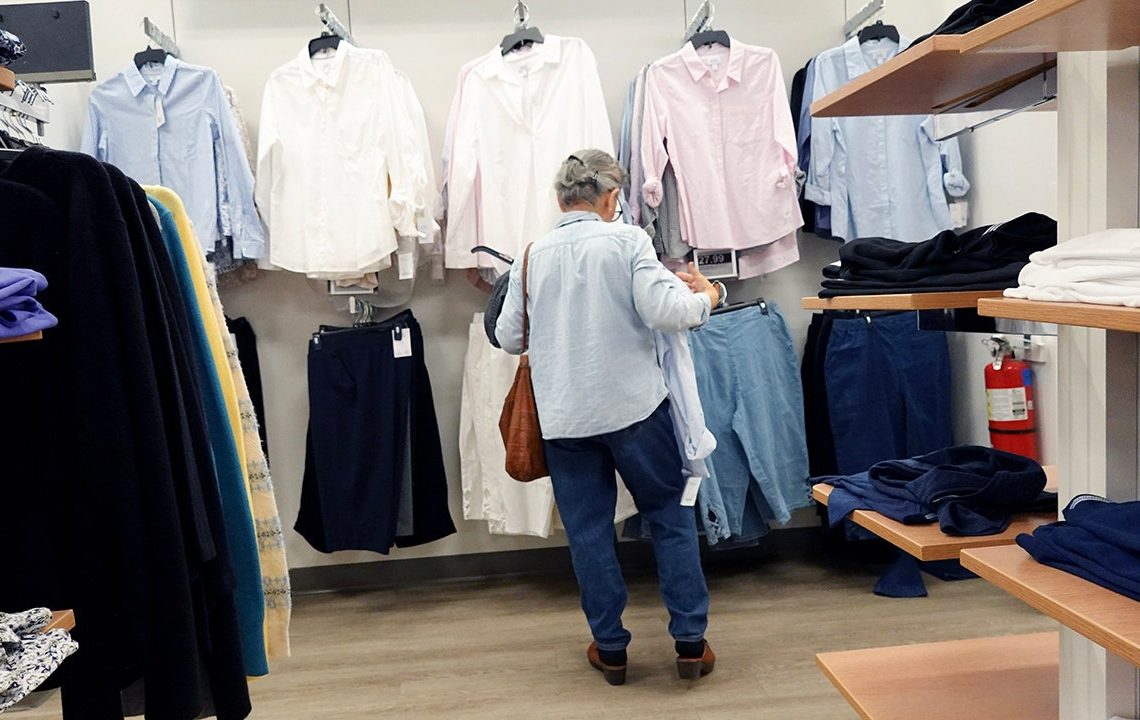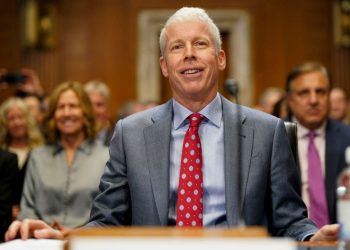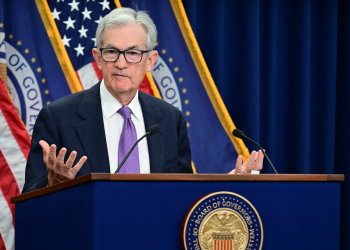Spending at U.S. retailers rebounded in February, but consumers may be growing more cautious as they continue to face high interest rates and steeper prices for everyday goods.
Retail sales, a measure of how much consumers spent on a number of everyday goods, including cars, food and gasoline, climbed 0.6% in February, the Commerce Department said Thursday. That is lower than both the 0.8% increase projected by LSEG economists and the revised 1.1% decline recorded in January.
Excluding the more volatile measurements of gasoline and autos, sales rose just 0.3% last month.
“Not a strong showing given a bigger rebound was expected from January,” said Robert Frick, corporate economist with Navy Federal Credit Union. “Consumers have the money, as inflation-adjusted incomes have been rising, so the question is, have consumers grown cautious? It’s too soon to say, but with inflation stuck for now above 3% and the jobs market growing tighter, that’s a possibility.”
SURGING AUTO INSURANCE PRICES ARE FUELING HIGHER INFLATION
The February advance is not adjusted for inflation, meaning that consumers may be spending the same but getting less bang for their buck.
Spending rose mostly across the board, with notable increases in sales at electronics and appliance stores; restaurants and bars; motor vehicle and parts dealers; and gas stations, as prices at the pump soared.
But Americans pulled back their spending on furniture and home stores; health and personal care stores; clothing retailers; and online shopping, with spending at non-store retailers sliding 0.8% from the previous month.
HIGH INFLATION IS STILL SQUEEZING AMERICANS’ BUDGETS
Sales rose in eight of 13 retail categories last month.

A solid job market and big wage increases have helped to buoy consumer spending in recent months, despite high inflation. However, many economists have been predicting that consumers will grow more cautious as student loan payments resume and high interest rates continue to work their way through the economy.
GET FOX BUSINESS ON THE GO BY CLICKING HERE
On top of that, more Americans are relying on their credit cards to cover necessities.
Credit card debt surged to a new record at the end of 2023, while delinquencies are also on the rise.
“Headwinds continue to discourage certain purchases. Elevated interest rates, an uptick in energy costs, and persistent discomfort with price levels continue to push consumers to make trade-offs with budgeting, with goods categories increasingly overlooked in favor of services spending,” said Kayla Bruun, Morning Consult senior economist.
Read the full article here









